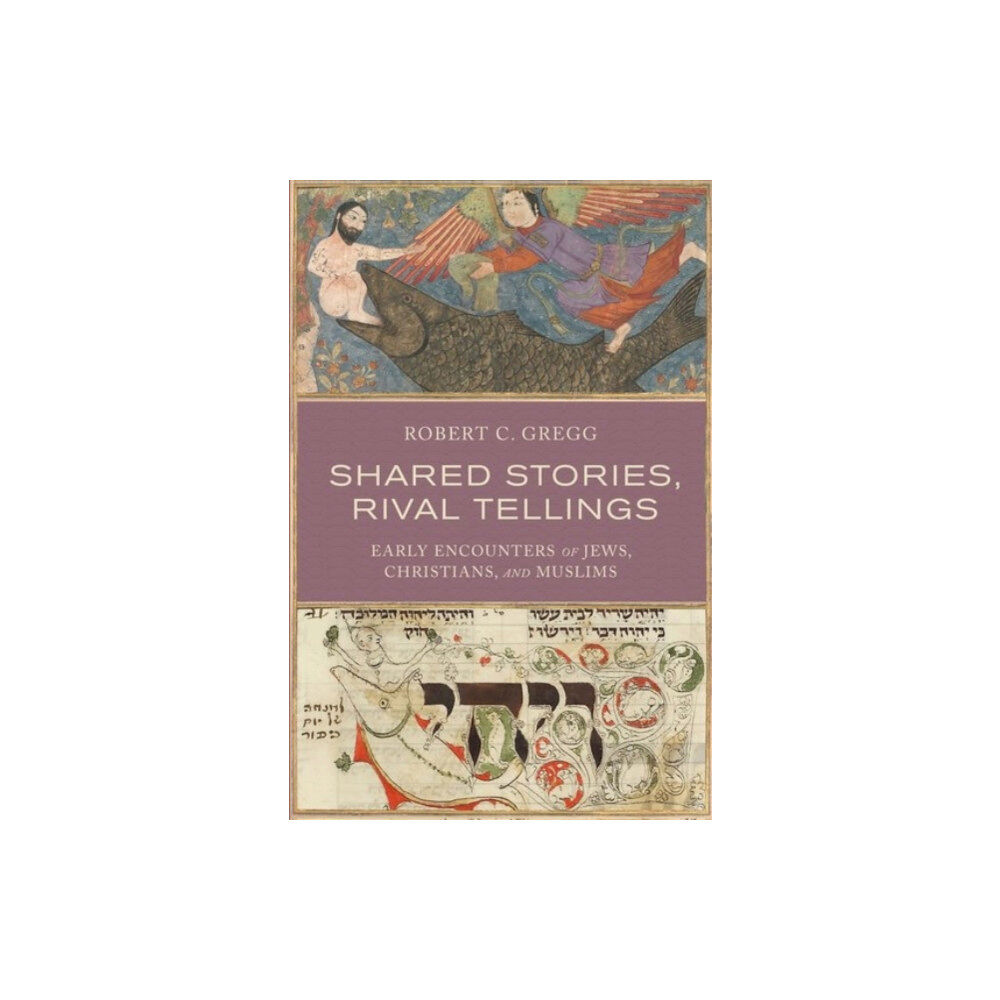While existing scholarship informs us about early contact between Christians, Muslims, and Jews, the nature of that interaction, and how it developed over time, is still often misunderstood. Robert Gregg emphasizes that there was both mutual curiosity, since all three religions had ancestral traditions and a commanding God in common, and also wary competitiveness, as each group was compelled to sharpen its identity against the other two.
Faced with the overlap of many scriptural stories, they were eager to defend the claim that they alone were God''s preferred people. In Shared Stories, Rival Tellings, Gregg performs a comparative investigation of how Jewish, Christian, and Muslim interpreters--both writers and artists--developed their distinctive and exclusionary understandings of narratives common to their three Holy Books: Cain and Abel, Sara and Hagar, Joseph and Potiphar''s Wife, Jonah and the Whale, and Mary the Mother of Jesus.
Exposed in the process are the major issues under contention and the social-intellectual forces that contributed to spirited, creative, and sometimes combative exchanges between Muslims, Christians and Jews.In illuminating these historical moments, and their implications for contemporary relations between these three religions, Gregg argues that scripture interpreters played an often underappreciated role in each religion''s individual development of thought, spirituality, and worship, and in the three religions'' debates with one another-and the cultural results of those debates.
| Format |
Inbunden |
| Omfång |
752 sidor |
| Språk |
Engelska |
| Förlag |
Oxford University Press Inc |
| Utgivningsdatum |
2015-09-24 |
| ISBN |
9780190231491 |

